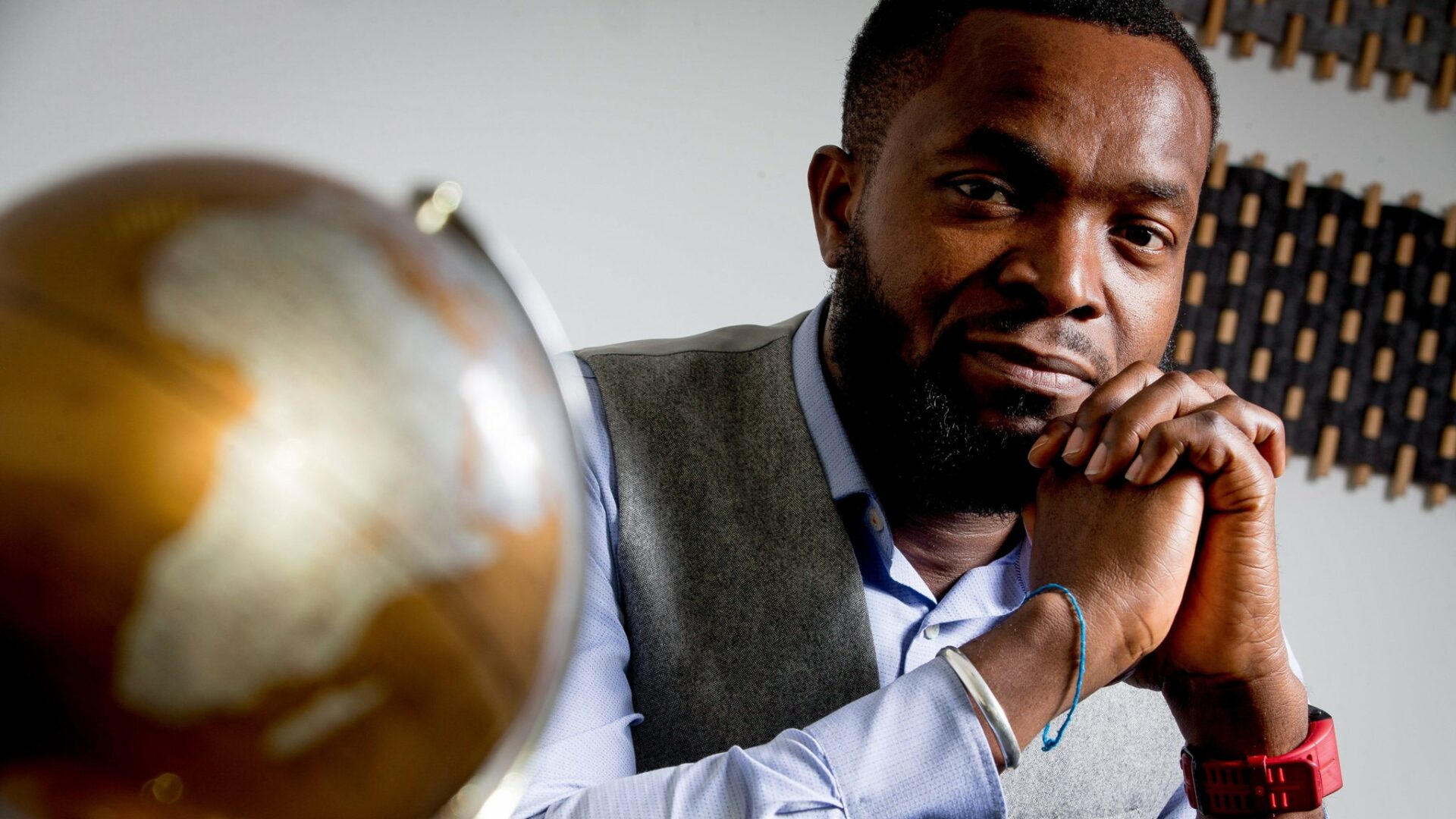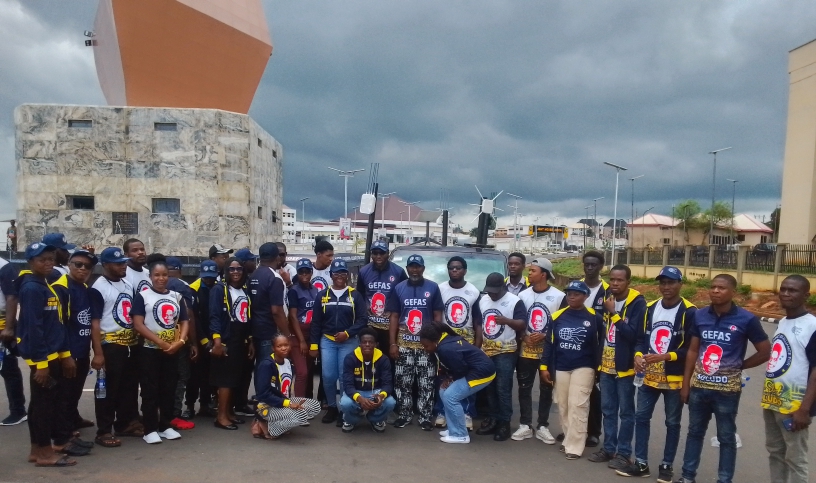The Federal Government on Thursday in Abuja said that it was committed to supporting a robust and equitable digital space across West African states.
Dr Bosun Tijani, the Minister of Communications, Innovations and Digital Economy, said this at the opening ceremony of 17th edition of West Africa Internet Governance Forum (WAIGF).
The five-day event had its theme as: “Building a Resilient, Inclusive and Safe Digital Future for West Africa” with participants drawn from ICT experts and government across the sub-region.
Tijjani said Nigeria had various initiatives targeted at developing the digital ecosystem in the region.
“ These initiatives include Broadband Infrastructure projects, championing the Sub-sea cable resilience, promoting data protection and privacy, accelerating digital literacy across the nation.
“We are also developing our National Artificial Intelligence Strategy and our Digital Public Infrastructure efforts,’’ he said.
He also said the Federal Government was working to deepen and democratise access to the internet, protect users’ rights and enable innovations that uplift the nation’s economy and empowers its people.
According to him, achieving internet governance in West Africa should involve collaborations with countries and organisations.
The minister called on stakeholders to deepen their efforts in strengthening the foundations of the region’s digital ecosystem.
“Internet governance is more than a policy conversation. It is about shaping the values and architecture of our digital societies.
“As we reflect on global processes like World Summit on the Information Society, Global Digital Compact and regional policy harmonisation efforts, we must put our West African perspectives at the centre,” he said.
Earlier, Malam Kashifu Inuwa, Director-General, National Information Technology Development Agency (NITDA), said that cross-border data transfers had made it very important for countries to work together.
He said that West African had the capacity to develop and build on issues around cyber security, internet penetration and governance.
Also speaking, Mrs Mary Uduma, WAIGF Coordinator, said the regional forum would deliberate issues affecting digital transactions.
“Today, if you want to pay for any purchase you made within Africa, it might be difficult to use our credit card to pay, even if it is a dollar credit card.
“We want integration, inclusivity, safe internet; we want an affordable, reasonable and available internet for all.
“We want our children to be safe online, because safety is everybody’s call and we want people to be responsible in the use of the internet,” he said.






The Federal Government’s commitment to a resilient and inclusive digital future for West Africa is commendable. It’s encouraging to see initiatives like broadband infrastructure and AI strategy being prioritized. However, I wonder how these plans will address the digital divide in rural areas. Collaboration across borders is essential, but will there be concrete measures to ensure data protection and privacy? It’s great to see a focus on empowering people through innovation, but how will these efforts translate into tangible economic benefits? What specific steps are being taken to ensure that digital literacy reaches every corner of the region? Would love to hear more about how stakeholders plan to make this vision a reality.
Thank you for your thoughtful comment and for raising such important questions. You’re absolutely right—while the Federal Government’s push toward a resilient and inclusive digital future is promising, the success of these initiatives depends heavily on how inclusive and practical their implementation will be.
Addressing the digital divide, especially in rural areas, requires targeted infrastructure investment, local capacity-building, and partnerships with private and community organizations. Ensuring data protection and privacy will also need clear regulatory frameworks and cross-border cooperation, particularly as data flows increase across the region.
In terms of economic benefits, aligning digital initiatives with job creation, support for tech entrepreneurship, and upskilling programs will be crucial. As for digital literacy, efforts must go beyond urban centers—bringing training programs into schools, community centers, and even mobile platforms can help bridge the gap.
Your call for transparency and concrete action is vital. Stakeholder collaboration—including government, private sector, civil society, and international partners—must remain strong to ensure this vision truly reaches and benefits everyone.